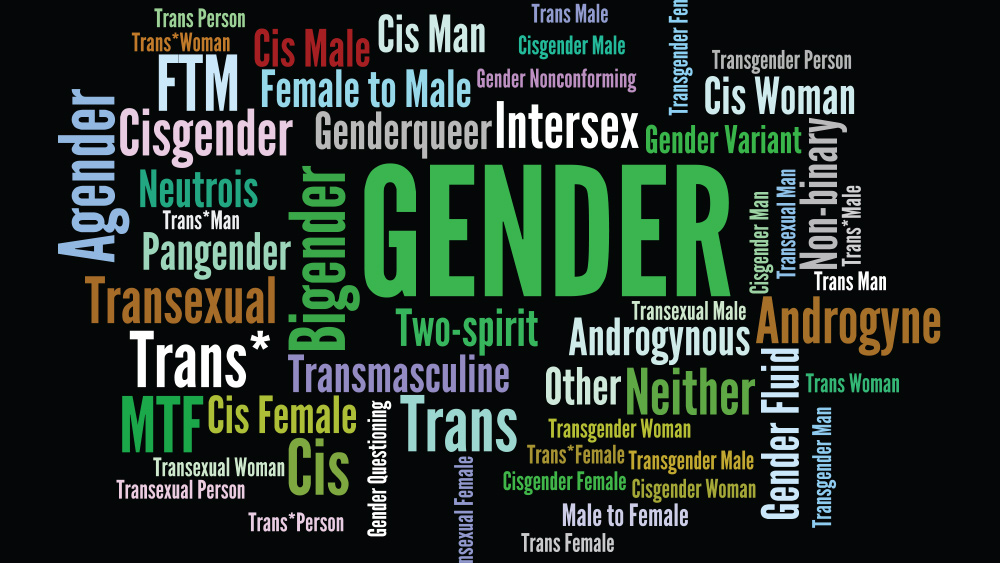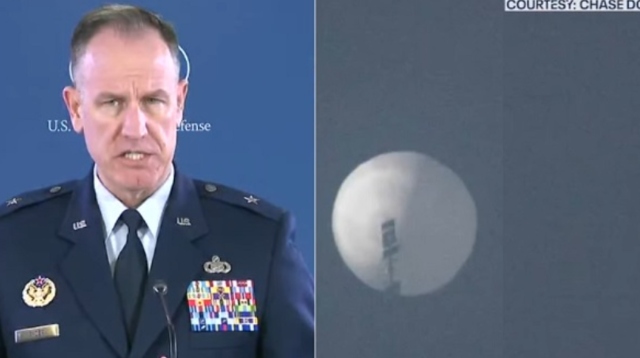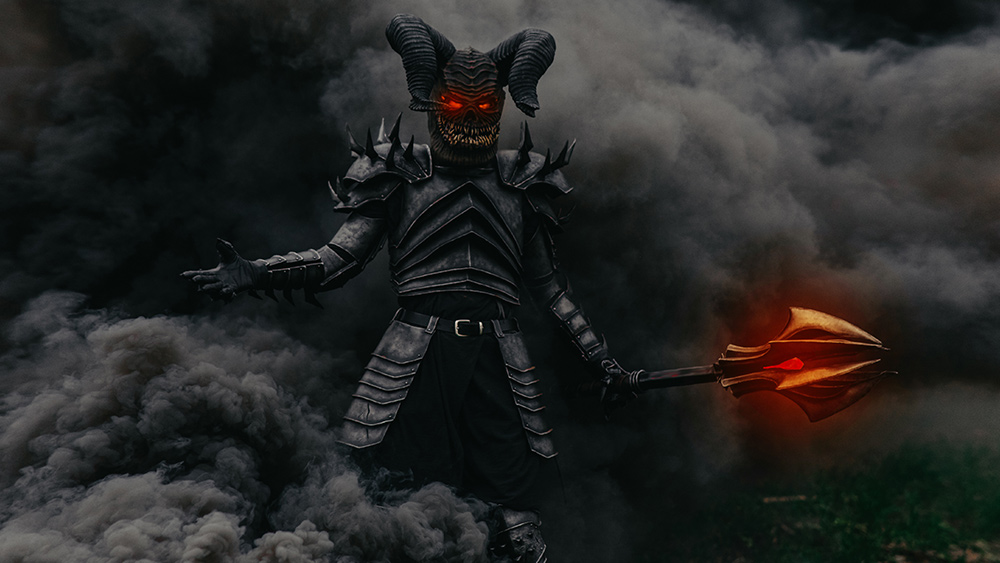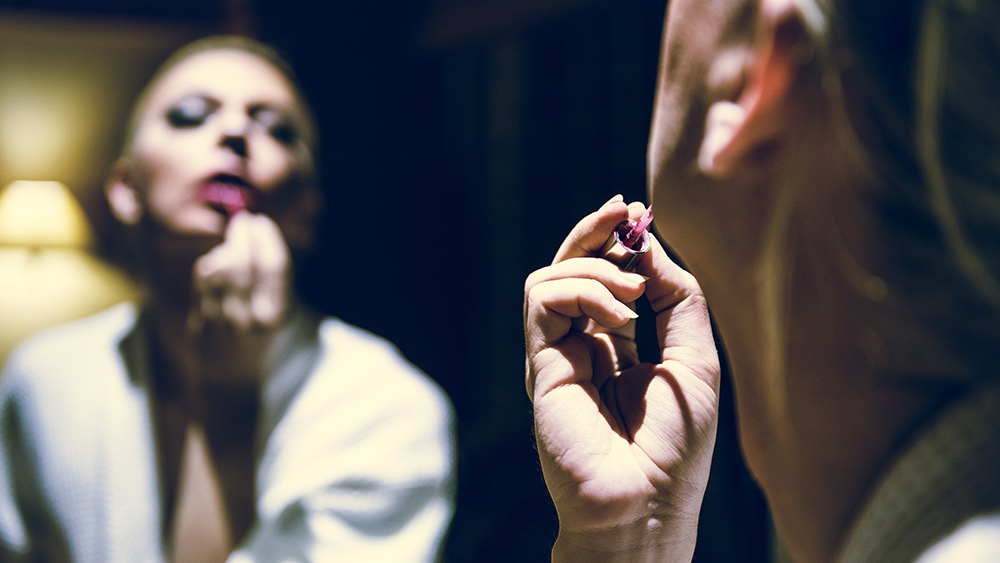Yale professor pushing MASS SUICIDE agenda to solve made-up overpopulation “crisis”
02/16/2023 / By Ethan Huff
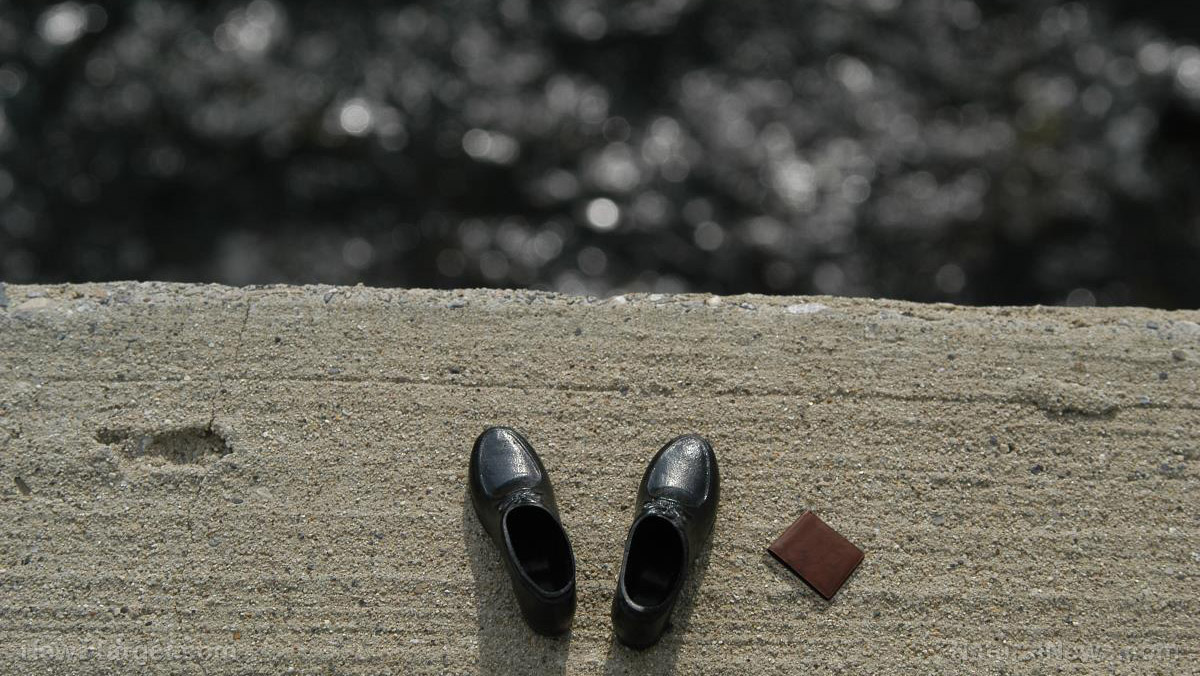
Does Japan have too many old people? Yale University assistant professor of economics Yusuke Narita seems to think so.
Narita has become something of an internet sensation for comments he previously made in support of mass suicide, or mass seppuku, as the solution to Japan’s elderly “problem,” which some young people there believe to be a barrier to their economic advancement.
In an interview with an online Japanese news program that aired back in December 2021, Narita explained that a “pretty clear solution” to dealing with the elderly is to kill them all off with ritual “suicide.”
“Seppuku refers to the ritual suicide of samurai, which historically involved self-disembowelment,” reported Business Insider about Narita’s suggestion.
Since that time, Narita has appeared in several public appearances and interviews, including with The New York Times.
Last year, a teenager asked Narita to explain his mass seppuku plan, to which he referenced a scene from the 2019 horror film “Midsommar” in which an elderly person is forced to jump off a cliff.
“Whether that’s a good thing or not, that’s a more difficult question to answer,” Narita said to the child.
“So if you think that’s good, then maybe you can work hard toward creating a society like that.” (Related: Canada, the euthanasia capital of the world, wants to medically assist children in “dying with dignity.”)
Narita referenced his own elderly mother who costs him $755 a month to care for in pushing for mass suicide
Japan currently has the highest proportion of elderly citizens of any country in the world. Its aging over-65 population has been steadily expanding since the 1950s, so much so that Japanese Prime Minister Fumio Kishida announced last month that his country is on the verge of a crisis.
This is the impetus behind Narita’s assisted suicide philosophy, which also includes the possibility of mandatory “assisted suicide.” Narita told the Times that he would like to see the forced suicide of elderly people “come up in discussion.”
Narita also seems to be upset by having to care for his elderly mother who at the age of 19 suffered an aneurysm. In order to care for her, Narita has to spend about 100,000 yen, the equivalent of $755, per month.
That Narita would use his own mother to push for mass suicide is sickening in and of itself, but it gets worse: his online following of young people is now more than half a million strong.
In 1948, Japan had a eugenics law in place to deal with what was then deemed to be an overpopulation problem. That law backfired, and Japanese politicians are concerned that Narita’s sentiments could lead to the imposition of another similar law.
There is also a Eugenics Protection Law in place that allows for voluntary and involuntary sterilizations of people with hereditary diseases, mental illnesses, and intellectual disabilities.
On Twitter, Narita has 550,000 followers. He also regularly appears on online Japanese shows, has been featured on magazine covers, and is also now appearing in an advertisement for energy drinks.
Since gaining this popularity, Narita has softened his tone on the mass suicide issue, claiming that his earlier statements were taken out of context. What Narita is truly concerned about, he says, is the dominance of “tycoons” in Japan that are holding back the younger generations.
In using terms like “mass suicide” and “mass seppuku,” Narita also says these were only intended to be “abstract metaphors.” Since first using these terms, Narita has changed his vocabulary to be less offensive.
More related news about the globalist push to solve “overpopulation” with more death can be found at Depopulation.news.
Sources for this article include:
Submit a correction >>
Tagged Under:
demonic, depopulation, Japan, Mass suicide, New York Times, overpopulation, Twisted, Yale, Yusuke Narita
This article may contain statements that reflect the opinion of the author
RECENT NEWS & ARTICLES
COPYRIGHT © 2017 TWISTED.NEWS
All content posted on this site is protected under Free Speech. Twisted.news is not responsible for content written by contributing authors. The information on this site is provided for educational and entertainment purposes only. It is not intended as a substitute for professional advice of any kind. Twisted.news assumes no responsibility for the use or misuse of this material. All trademarks, registered trademarks and service marks mentioned on this site are the property of their respective owners.



